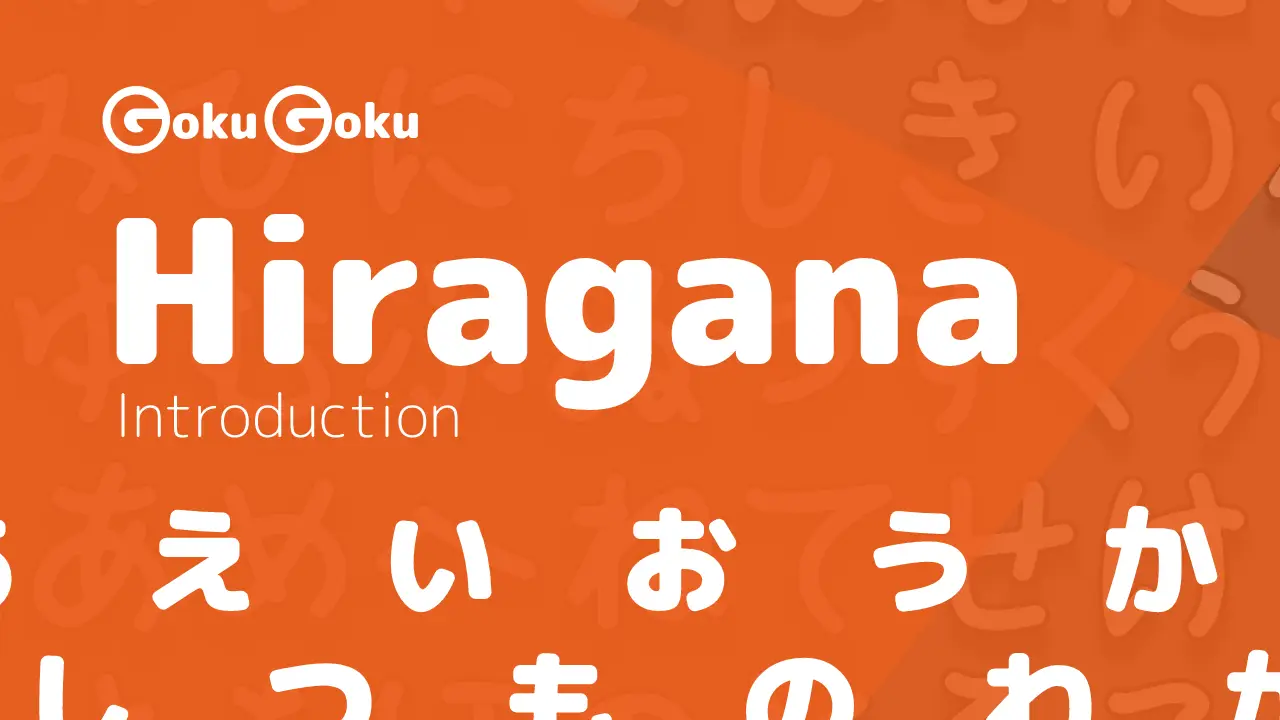になる (ninaru) is a Japanese expression used to indicate something that becomes, has become or will become.
This expression is made up of:
- Particle に: Used to indicate a direction, which in this case refers to the "direction" in which it
becomes - なる: Godan verb which means
to become
In this way we can see how the expression になる literally means to go in the direction of becoming, which translated simply becomes to become.
In this post we are going to learn the use of になる through real examples.
The verb なる is always preceded by the particle に since "to become" is an intransitive verb, that is a verb that does not "acts" towards something (object with the particle を)
になる with na adjectives and nouns
To use になる with adjectives in na and nouns you don't need any conjugation: just add になる after the adjective o noun.
Adjectives in na and nouns behave grammatically the same way
In this case になる indicates that it became what is indicated by the adjective or noun.
私は医者になった。
I became a doctor.
In this example we have a noun (医者 doctor) followed by になる in its past tense (になった), which translates become a doctor.
彼の日本語が上手になった。
His Japanese just got better.
In this second example we have instead the use of になる with an adjective in na. Since adjectives in na behave like nouns, also here just add になる after the adjective.
A comment on a YouTube video:

丁寧な説明ありがとうございました!勉強になります!
Thank you for your kind explanation! It was very helpful.
になる with adjectives in i
An adjective in Japanese i already indicates to be something. For this reason, the particle に cannot follow an adjective in i in its plain form, but it requires it adverbial form (く):
We need to convert the adjective into an adverb. To do this, just replace the final い with く:
Once converted into adverb we just need to add the verb become なる:
運動しているから、強くなる。
As I am training, I will get stronger.
An exception in this case is the adjective good いい, which becomes よくなる (instead of いくなる)
になる with verbs
In Japanese it is not possible to change a verb directly through another verb. In our case, we want to be able to apply the verb become なる to another verb.
The solution in this case is to add a generic noun between the two verbs:
- こと (
koto) or 事:what - よう (
you) or 様:seem/appear/method
These nouns refer to nothing specific and are therefore used to describe something else. In this case they allow us to describe a verb as if it were a noun ("convert" a verb into a noun).
海外に行くことになった。
It has been decided that I will go abroad.
In this example we notice the addition of こと between the verb 行く (go) and the verb なる (become). In this way you can apply the expression になる:
- 行く means
to go - 行くこと means
the fact of going: using こと makes it possible to use 行く as a noun - 行くことになる means
to become the fact of going
In this way the literal translation of the sentence becomes becoming the fact of going abroad (this sentence uses the expression ことになる).
毎日、野菜を食べるようになった。
I started eating vegetables every day.
In this last example we see the use of the verb combined with ようになる which can be translated as become, start to, become able to.
Here is another example taken from a comment on a YouTube music video and in the same sentence we find the structure ようになる and also the use of the verb in the negative form combined with なる:
- 目立つ: stand out, be noticeable
- 目立たない: not stand out, be unnoticeable
- 目立たなくなる: become less noticeable, become less conspicuous

人生幸いこともあるけどこの音楽を聴くと何故か一日の嫌いなことが目立たなくなり良いことが立て続けに起こるようになる。
Life is full of good things, but for some reason, when I listen to this music, the bad things of the day become less noticeable and good things happen one after another.
Similar grammar points in Japanese 📚
から
から (kara) Meaning Japanese Grammar - Because
だけ
だけ (dake) Meaning Japanese Grammar - Only
たりする
たりする (tari suru) Meaning Japanese Grammar - Do Such Things as A, B Etc
ちがう
ちがう (chigau) Meaning Japanese Grammar - No
まだ
まだ (mada) Meaning Japanese Grammar - Still
ないでください
ないでください (naide kudasai) Meaning Japanese Grammar - Please Do Not Do

